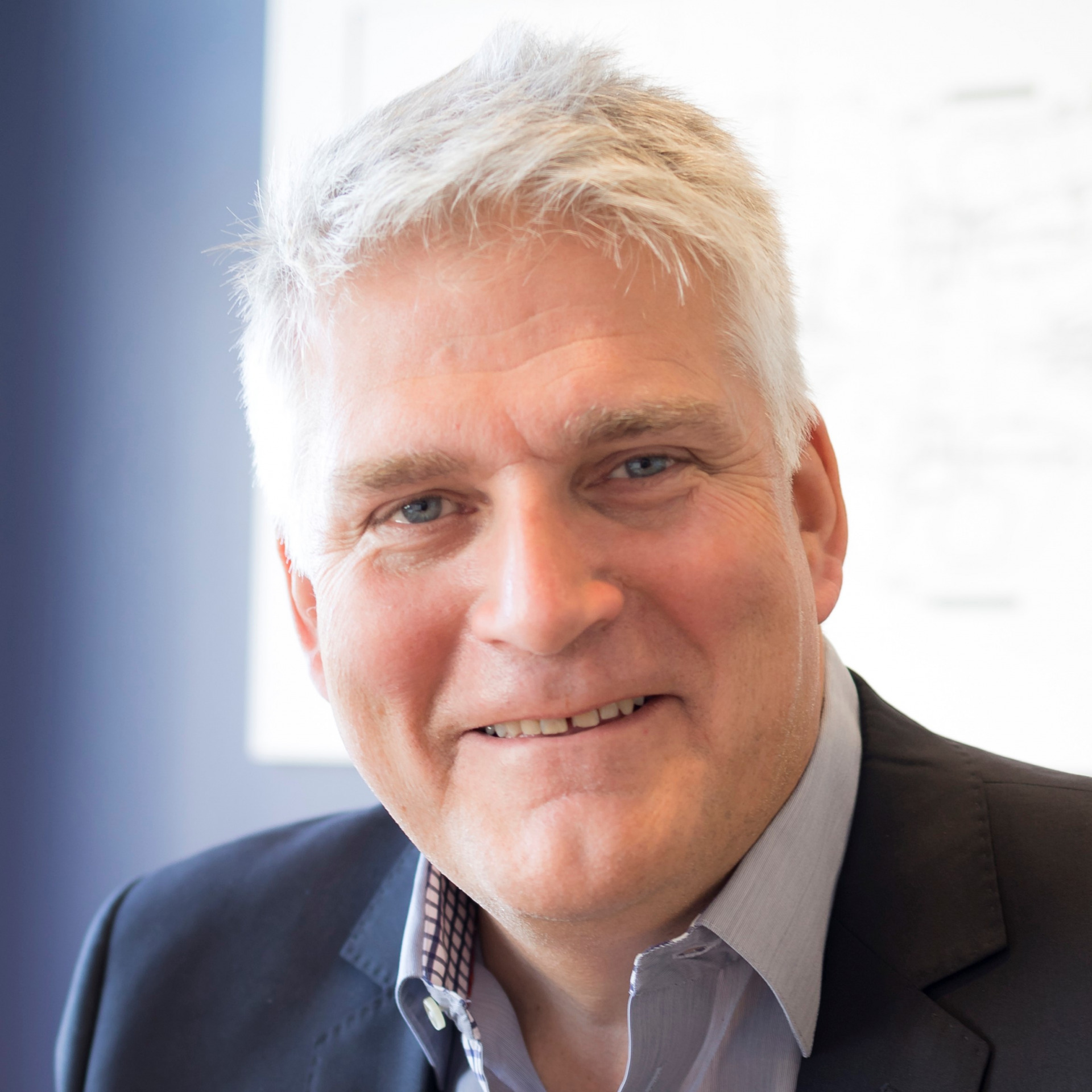In an article published on Forbes, Nils Røkke, President of EERA, talked about the crucial role that bioenergy can play in climate change mitigation.
 Nils Røkke, President of EERA
Nils Røkke, President of EERA
In a recent article published on the online magazine Forbes, Nils Røkke, the President of EERA, talked about the need of including bioenergy among other climate mitigation options to achieve the Paris climate goals. In this respect, the expert backs the call for a discussion to “detoxify the debate surrounding the sustainability of wood-based bioenergy” launched by the Joint Research Centre of the European Commission in a recent report on the use of woody biomass for EU energy production.
According to Røkke, there are many opinions about the climate neutrality of biomass for energy purposes and many of them are influenced by individual interpretations and specific interests. However, when considering climate-friendly options to reach the clean energy transition, the debate must go deeper than only looking at whether something is green or not. Against the European Academies Science Advisory Council’s (EASAC) claim that bioenergy is not sustainable for the environment due to its CO2 emissions, Røkke explains that, unlike emissions from fossil fuels, GHG emitted by burning biomass are part of a continuous exchange of carbon between the biosphere and the atmosphere and, therefore, as claimed by the EU Commission in its revised Renewable Energy Directive, direct CO2 emissions from biomass are climate neutral in the energy sector.
Touching upon other critical points of discussion related to the production of bioenergy, such as forest conservation, availability of land, and carbon balance, Røkke claims that bioenergy is essential in order to reach climate and energy goals, both at EU and global level. Limiting the impact of climate change requires enormous efforts globally and climate neutrality will only be reached by considering multiple sustainable energy options that take into account local contexts and societal needs for material and energy. From Røkke’s perspective, instead of labelling bioenergy as “unsustainable”, the focus should be on ensuring the development of management practices and regulations for sustainable production.
Read the full article published on Forbes here.